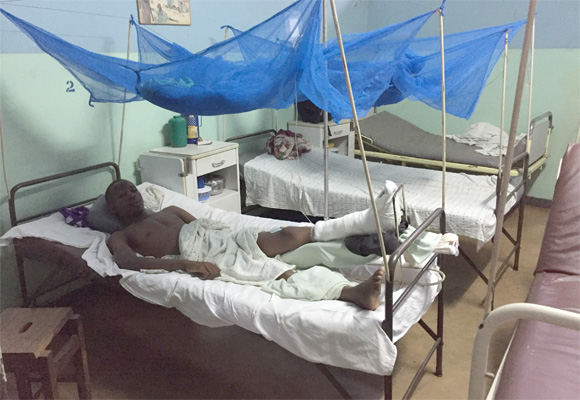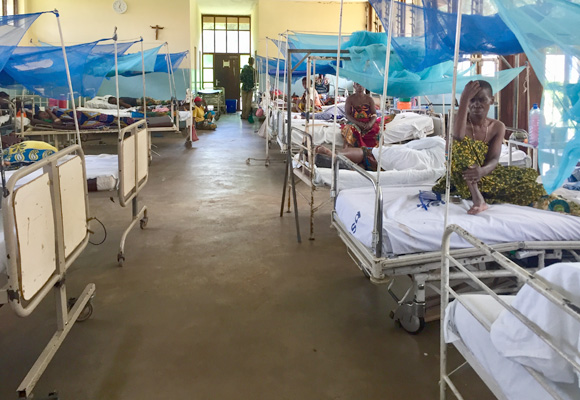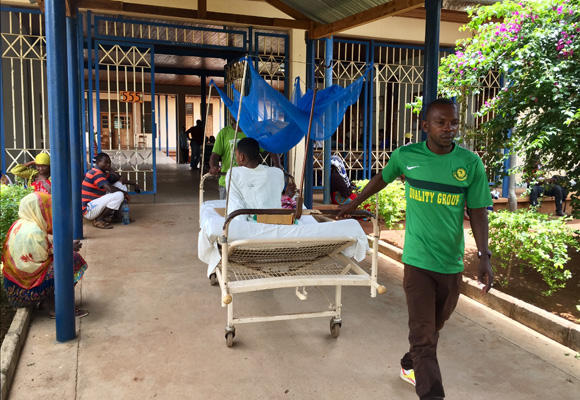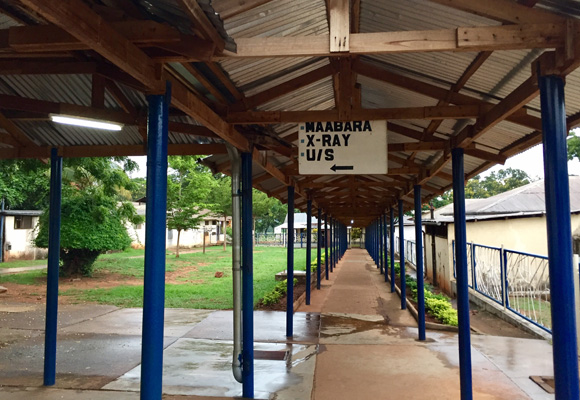About our honey project
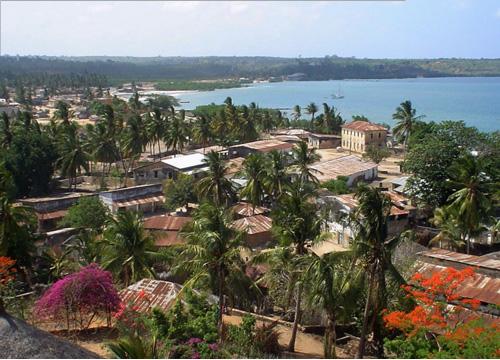
Southern Tanzania, particularly along the Mozambique border, is one of the poorest and most neglected regions in the country with poorly developed social and infrastructure.
In some of the few hospitals in this area, German medical teams come once or twice a year to treat children with disabilities and deformities such as clubfeet, cleft lip, and palate as well as plastic surgery for skin reconstruction after burns, injuries, or animal bites.
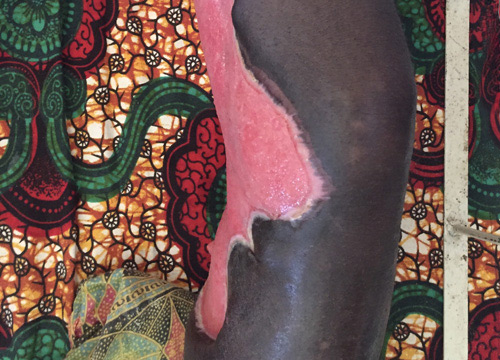
During these missions, I saw for the first time how open wounds, even dirty crocodile bite wounds, were traditionally treated with honey, both in hospitals and by traditional medicine men with good success.
The wounds were first cleaned, mostly treated with H2O2 and then exclusively with honey.
The good wound healing results amazed me and motivated me to initiate a local honey project.
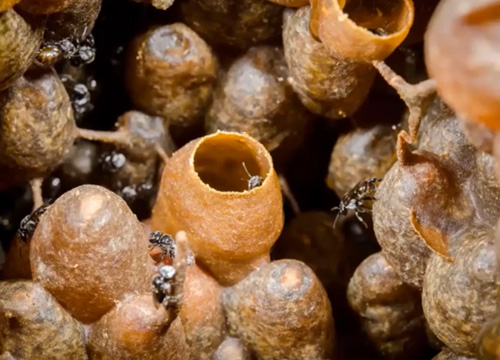
In Tanzania, as in many countries in the tropics and subtropics, there are both the bees (Apis mellifera) and “stingless bees” (Apis meliponini) and their subgroups that we know of.
Both species are highly social, producing honey and managing their nests in a hierarchical order over several generations.
A special feature of the honey of stingless bees is that it is not stored in wax combs, as with conventional bees, but in balloon-shaped resin vessels made of „tallow“ (cerumen). These give the „stingless bee honey“ SBH special properties.
This „Pot-Honey“ is very suitable for wound treatment due to the high proportion of antioxidant, antimicrobial, and anti-inflammatory substances.
Furthermore, this honey is moisturizing and granulation-promoting, so that wound angiogenesis and oxygenation of the skin are stimulated.
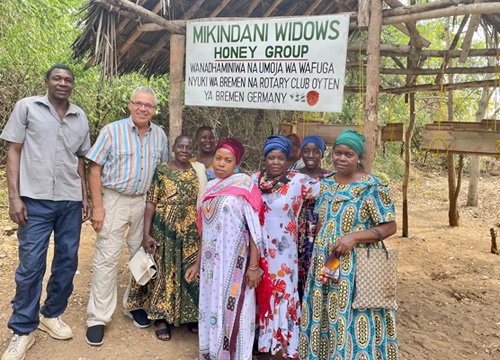
As hobby beekeeper, together with a local Tanzanian beekeeper, I have trained and supported nine widows in Mikindani since 2016. In addition to the production of conventional honey, stingless bees are also raised and their honey is sold to the hospitals in Nyangao and Ndanda for treating wounds. Financial support for the procurement and local production of beehives, the implementation of beekeeping and hygiene courses, and logistical guidance for the marketing of conventional honey are provided thanks to the support of the ROTARY CLUB OYTEN››› and the BEEKEEPERS‘ ASSOCIATION BREMEN››› secured for several years. In January 2022, seven widows formed the incorporated and registered „Mikindani Widow Honey Cooperative“.
Dr. Michael Fakharani, MD, Orthopedic surgeon, Bremen/Germany





